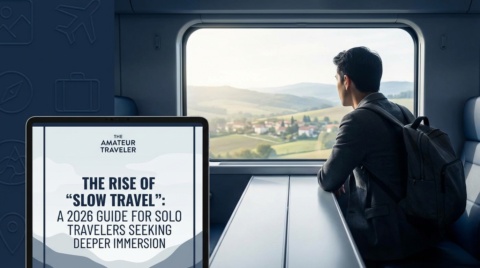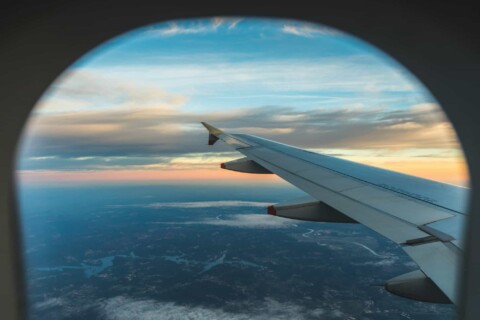When travelers debate accommodations, they often get swept up in Airbnb’s promise of authenticity and local experiences. However, mounting evidence from traveler surveys, industry reports, and widespread online complaints suggests that hotels offer superior value for most travelers. 72% of Americans prefer hotels and resorts to vacation rentals, and there are compelling reasons why this preference continues to grow.
The Reality Behind Airbnb’s Appeal
While Airbnb initially revolutionized travel with promises of unique spaces and local experiences, the platform’s evolution has created new friction points that many travelers find frustrating. 68% of business travelers have had a negative experience using Airbnb for work and thus prefer hotels, highlighting inconsistencies that extend beyond just business travel.
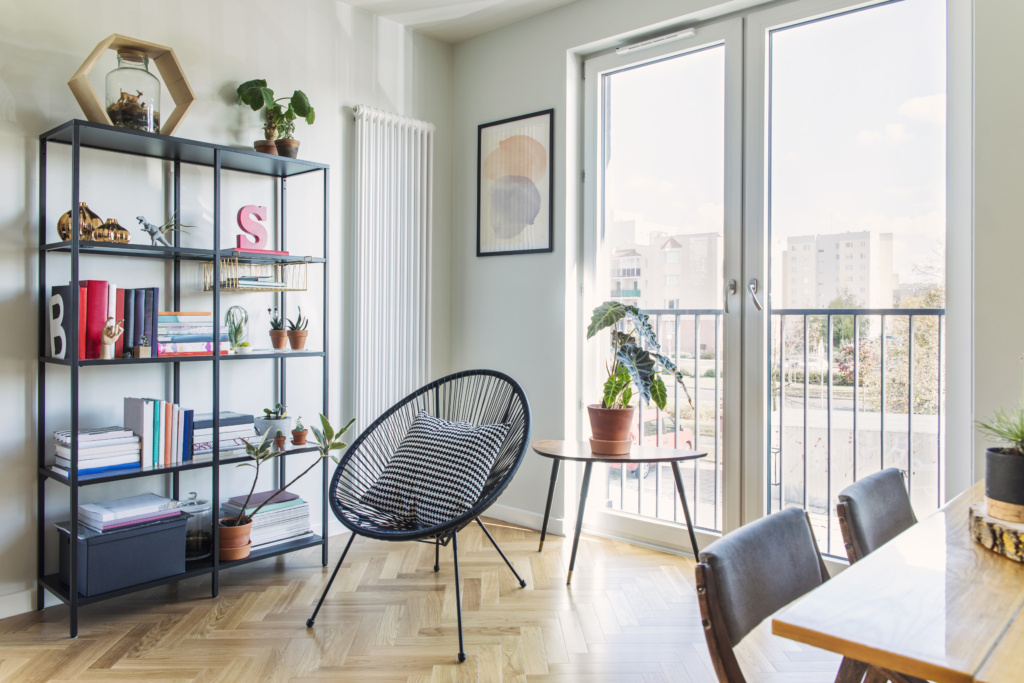
The Rule Book Problem
One of the most frequently cited complaints about Airbnb stays involves the extensive house rules that many hosts impose. Travel forums and review sites are filled with stories of guests receiving multi-page documents upon arrival, detailing everything from shower time limits to restrictions on toilet usage for “water conservation.” These rules often extend to seemingly arbitrary restrictions like no shoes indoors, limits on towel usage, mandatory lights-off policies, and evening window restrictions.
This micromanagement creates stress for travelers who expected a “home away from home” experience. Instead of relaxation, guests find themselves walking on eggshells, constantly second-guessing whether they’re violating some unwritten rule.
The Cleaning Fee Controversy
The cleaning costs for Airbnb hosts are often higher than those for hotels because they likely can’t take advantage of economies of scale, but this creates a particular frustration for guests. Hidden travel costs like cleaning fees are commonplace on Airbnb, yet many travelers report being asked to perform extensive cleaning tasks despite paying substantial cleaning fees.
Common checkout requirements found across Airbnb listings include stripping beds, starting washing machines, taking out trash, loading and running dishwashers, sweeping floors, and wiping down surfaces. Cleaning fees set by hosts are only meant to cover the cost of standard cleaning between reservations (laundry, vacuuming, etc.), yet the disconnect between what guests pay and what they’re expected to do creates widespread dissatisfaction.
Travel forums show recurring complaints about spending the final hour of vacations doing chores instead of enjoying the destination. Hotels, by contrast, allow guests to simply pack and leave, with professional housekeeping handling everything else.
Comfort and Consistency Challenges
Hotel beds are generally better and bigger (and more jump-on-able) than the regular ones at Airbnbs, reflecting hotels’ investment in standardized comfort. Airbnb guests frequently report sleeping on uncomfortable futons masquerading as “cozy sofa beds,” inadequate mattresses, or beds positioned in problematic locations like under skylights without proper curtains.
Hotels provide consistent service, security, and amenities like housekeeping and concierge, while Airbnb guests are typically stuck with whatever conditions they find. When comfort issues arise in hotels, front desk staff can provide solutions like different rooms, extra pillows, or blackout curtains. With Airbnb, guests usually have limited recourse, especially during off-hours when hosts are unavailable.
Location and Safety Concerns
While Airbnb hosts often promise “prime locations,” the reality can be disappointing or even concerning. Properties marketed as “downtown” or “centrally located” may technically meet these criteria while being situated above nightclubs, next to construction sites, or in areas where guests don’t feel safe walking alone after dark.
74% of survey respondents feel hotels keep travelers safer than rentals amid the pandemic, reflecting broader safety considerations beyond health concerns. Hotels, particularly established chains, are typically located in areas that have been carefully vetted for guest safety and convenience, often with proximity to transportation, restaurants, and attractions based on decades of location selection expertise.
The True Cost Reality
Despite Airbnb’s reputation for lower prices, hidden travel costs like cleaning fees are commonplace on Airbnb, and the total often exceeds comparable hotel rates. Once travelers add cleaning fees, service fees, and taxes to the base nightly rate, what appeared to be a budget-friendly option frequently costs more than nearby hotels that include amenities like breakfast.
Why Hotels Deliver Superior Value
Comprehensive Amenities
Where hotels can outshine Airbnb is in perks like reliable and consistent quality, front desk service, meal services, and daily cleaning. Even mid-range hotels typically provide access to fitness centers, business centers, pools, and often complimentary breakfast. Hotels have more common areas like pools and lounges where you can chill without feeling obliged to socialize with your host or other guests.
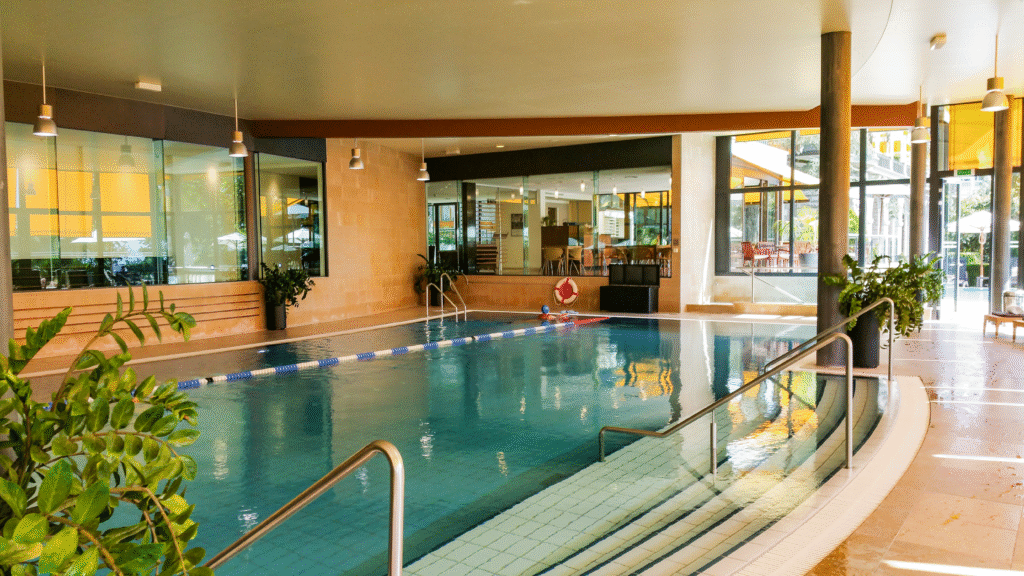
These amenities aren’t just conveniences – they’re genuinely valuable. After long days of sightseeing, having access to a gym or pool enhances the travel experience. Business centers allow travelers to handle work needs without searching for services. Complimentary breakfast saves both time and money while providing a social atmosphere for meeting fellow travelers.
Strategic Locations
Hotel chains have mastered location selection, choosing spots that balance convenience, safety, and accessibility. Major hotel brands consistently position properties in well-connected areas with easy public transportation access, restaurants, and attractions. Many hotels also provide shuttle services to airports or popular destinations, adding significant value when navigating unfamiliar cities with luggage.
Reliability and Predictability
Economy and luxury customers favor hotels and that even those who lean toward Airbnb can be easily swayed by hotel amenities. The primary advantage hotels offer is consistency. Chain hotels deliver predictable experiences: clean rooms, comfortable beds, reliable Wi-Fi, good water pressure, and standard amenities. This predictability eliminates the stress of accommodation surprises, allowing travelers to focus on their trip’s purpose rather than dealing with lodging issues.
Professional Service Standards
The downsides, however, include no daily housekeeping, no on-site staff, and usually no access to communal amenities like spas, gyms, and restaurants – highlighting what Airbnb lacks. Hotels maintain 24/7 staffing with trained professionals who can resolve issues immediately, whether it’s a 2 AM air conditioning problem or needing restaurant recommendations.
This around-the-clock support extends beyond the property itself. Major hotel chains offer customer service lines that assist with reservations, changes, or issues regardless of time or location.
Loyalty Programs and Flexibility
Hotel loyalty programs provide tangible benefits for frequent travelers, including room upgrades, late checkout, and other perks that add significant value. Even without elite status, hotels typically offer flexibility that Airbnb lacks – room changes for issues, stay extensions, early arrivals, or late departures based on availability.
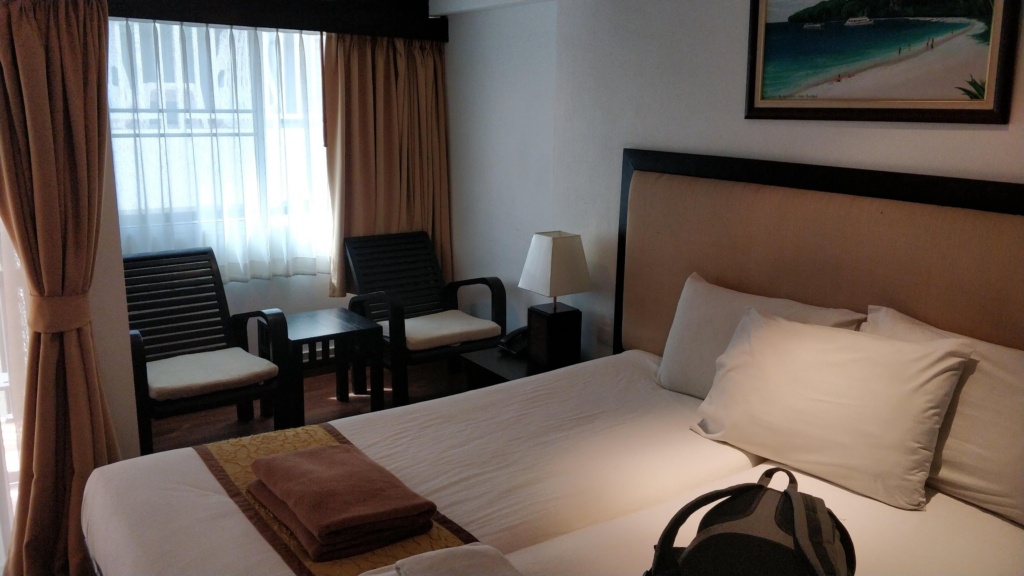
Quick Problem Resolution
When problems arise, hotels have established systems for immediate solutions. Professional maintenance staff, alternative room options, and empowered managers who can make on-the-spot decisions create a safety net that vacation rental platforms struggle to match. Airbnb hosts may be unavailable, traveling themselves, or simply lack the resources to address urgent issues quickly.
Employment and Community Impact
Hotel stays support numerous employment opportunities – from housekeeping and maintenance to front desk staff and restaurant workers. Hotels create structured employment with career advancement opportunities in communities, contributing to local economic stability in ways that individual vacation rentals cannot match.
The Research Verdict
Hotels suit those prioritising consistent service and on-site amenities, and research consistently supports this preference. The combination of reliability, professional service, comprehensive amenities, and strategic locations creates value that extends far beyond the room rate.
Hotel guests prioritise different factors than Airbnb users, focusing on service quality and convenience over novelty. For most travelers, especially those prioritizing comfort, safety, and hassle-free experiences, hotels deliver superior value despite potentially higher upfront costs.
The accommodation choice ultimately depends on individual priorities, but the evidence strongly suggests that hotels excel where it matters most: providing reliable, comfortable, and worry-free travel experiences that allow guests to focus on their destination rather than their lodging logistics.
After all, the best accommodation is one that works seamlessly, enabling travelers to concentrate on exploring the world rather than managing accommodation challenges.




